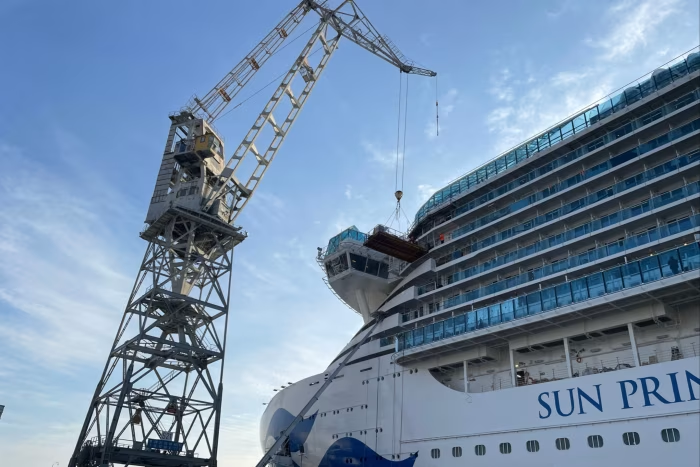Introduction In the picturesque in Italy, a narrative of tension is unfolding as the community grapples with the presence of migrant workers. This small town, known for its rich history and cultural heritage, now finds itself at the crossroads of change and controversy. To shed light on this complex issue, we turn to Maria Rossi,
Introduction
In the picturesque in Italy, a narrative of tension is unfolding as the community grapples with the presence of migrant workers. This small town, known for its rich history and cultural heritage, now finds itself at the crossroads of change and controversy. To shed light on this complex issue, we turn to Maria Rossi, a community organizer deeply involved in understanding and addressing the challenges faced by both residents and migrant workers.
The Changing Landscape
Town has witnessed a transformation in recent years, with an influx of migrant workers seeking employment in various industries. As the town adapts to this demographic shift, tensions have emerged, highlighting the need for nuanced discussions on integration and community cohesion.
Local Perspectives: A Mosaic of Opinions
Maria Rossi provides insights into the diverse perspectives within the community. “It’s essential to recognize that opinions on migrant workers are multifaceted,” she states. “While some residents appreciate the contributions they make to the local economy, others express concerns about cultural differences and strain on resources.”
Unraveling the Underlying Factors

This image is taken from google.com
To truly understand the tensions, it’s crucial to examine the underlying factors contributing to the unease. Economic pressures, fear of change, and cultural clashes are among the key elements that fuel the discord. Maria Rossi emphasizes, “It’s not a simple ‘us versus them’ situation. Addressing the root causes requires a holistic approach that considers the concerns of all stakeholders.”
Potential Solutions: A Path to Harmony
Navigating these tensions requires a proactive and inclusive approach. Maria Rossi outlines potential solutions, including community dialogues, cultural exchange programs, and initiatives that promote economic integration. “Building bridges between the different communities within essential for fostering understanding and creating a shared sense of belonging,” she suggests.
Conclusion: Forging a Shared Future
As Town grapples with tensions over migrant workers, it stands at a crossroads of opportunity and challenge. The journey towards harmony involves acknowledging the complexities, embracing diversity, and collectively working towards a shared future. By fostering open conversations and implementing thoughtful initiatives, Town has the potential to emerge as a model for inclusive coexistence in the evolving landscape of global migration.















